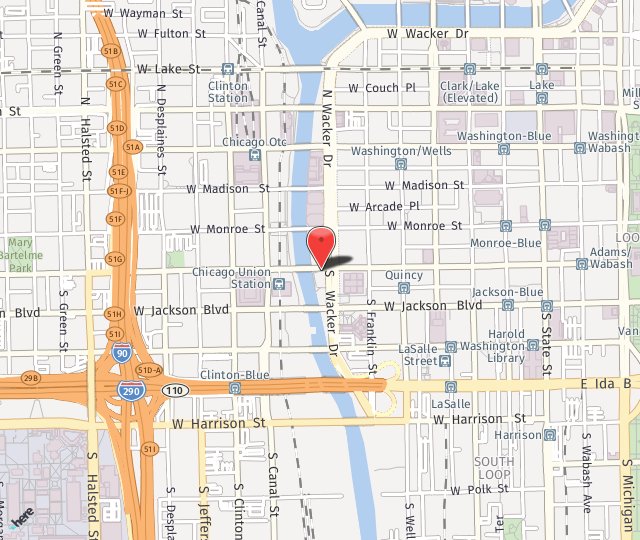The federal government is getting serious about locating and prosecuting food manufacturers who engage in the dangerous practice of adulterating or mislabeling products.
A prominent recent example arose in the wake of 2012 inspections of two cheese manufacturing sites run by the now-defunct company Castle Cheese in Slippery Rock, Penn. After the inspections, the F.D.A. determined that the company was producing “adulterated food” because its subsidiaries — known as Universal Cheese & Drying and International Packaging — sold products labeled as Parmesan and Romano that in fact contained other cheeses such as white cheddar and Swiss. The imitations in question sometimes contained no milk whatsoever.
“The Department of Justice prosecutes people and companies who introduce adulterated or misbranded food into interstate commerce,” U.S. Attorney David J. Hickton said in a February 2016 statement after successfully proving that the cheese company engaged in the practice. “In this case, the fraud was perpetrated on consumers who purchased Parmesan and Romano cheeses that were inferior to what they believed they were buying.”
The adulterated cheeses were reportedly sold between 2010 and 2013. A top executive of Castle Foods, which has declared bankruptcy, recently pleaded guilty in U.S. District Court for the Western District of Pennsylvania to a misdemeanor count of aiding the introduction of mis-branded and adulterated food into interstate commerce. She now faces a possible prison sentence in addition to a hefty fine.
Here are three other recent examples of how food manufacturers have been perpetuating consumer fraud based on inaccurate labeling or the adulteration of their products:
- Earlier this month, Namias of Arizona, Inc. recalled more than 19,000 pounds of chicken because the packages failed to declare the known allergen hydrolyzed soy protein, according to a press release issued by the U.S. Department of Agriculture’s Food Safety and Inspection Service (FSIS).
- In October 2015, Food Safety News reported that more than 12,500 pounds of packaged beef, pork and poultry products processed by Good Food Concepts in Colorado Spring, Colo., were recalled because labels failed to mention that the products contained the chemical additive sodium nitrite, and because these labels also lacked the federally-mandated Hazard Analysis and Critical Control Points (HACCP) reporting, which helps ensure food safety during processing.
- In August 2015, The New York Times reported an uptick in recalled organic food products. Based on research from Stericycle, a compliance company based in Lake Forest, Ill., that assists other companies in matters related to government regulation — including ingredient monitoring. Stericycle has reported that because of the uptick in consumer demand for organic food products, there’s been a corresponding uptick in the recall of organic products. The chief reason for these recalls has been bacterial contamination such as salmonella or listeria.
Your Right to Safe Food
Federal food labeling laws exist to protect consumers, particularly those who suffer from severe allergies. Food labeling laws require that each package include a complete ingredients list, nutritional information, and the manufacturer’s location and contact information.
If you believe your consumer rights were violated because you consumed a food product that was mislabeled or adulterated during the manufacturing process, please contact one our attorneys in Chicago online or by calling 1 (888) 517-9115.

